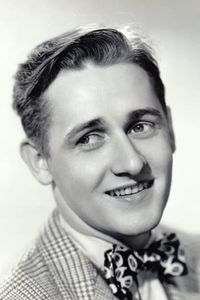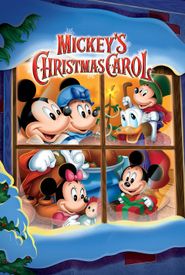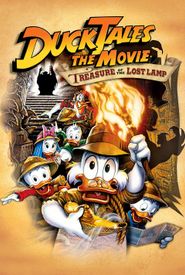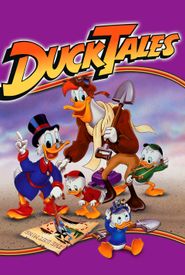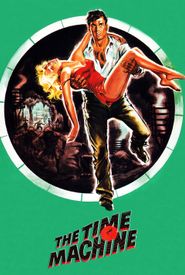Alan Young, a renowned entertainer, was born in Northern England in 1919. However, his life took a dramatic turn when his Scottish father relocated the family to Edinburgh, Scotland, when Young was just a toddler. A few years later, the family migrated to Canada when Young was around 6 years old.
As a young boy, Young struggled with severe asthma, which confined him to bed for extended periods. Despite this, his love for radio flourished, and by the age of 13, he had already become a radio performer. By the time he was 17, he was writing and performing in his own radio show for the Canadian Broadcasting Corporation. The show gained popularity in the United States, earning him an invitation to New York, which marked the beginning of his career as an "All-American boy" despite his non-American origins and a hint of his Scottish accent.
Young's radio show, "The Alan Young Radio Show," became a huge success from 1944 to 1949. However, when radio's popularity began to decline, and his show was canceled, Young decided to shift his focus to comedy and tour the United States theater circuit. This experience inspired him to write a television pilot for CBS in 1950, which led to the creation of "The Alan Young Show" (1950). The live revue ran for three years, earned several Emmy Awards, and secured Young a star on the "Walk of Fame." Despite the show's initial success, the strain of writing and performing a weekly show took a toll on Young, and the quality of the show declined, ultimately leading to his departure and cancellation.
Throughout his career, Young established himself as a talented film actor, making his debut in "Margie" (1946) and going on to appear in "Chicken Every Sunday" (1949),"Mr. Belvedere Goes to College" (1949),"Aaron Slick from Punkin Crick" (1952),"Androcles and the Lion" (1952),"Gentlemen Marry Brunettes" (1955),"Tom Thumb" (1958),and "The Time Machine" (1960).
In the early 1960s, Young landed his most iconic role as Wilbur Post in the popular television series "Mister Ed" (1961),which ran for five years. Since then, he has made numerous television and film appearances, but is primarily recognized for his voice characterizations in cartoons, particularly as Scrooge McDuck in "DuckTales" (1987).
